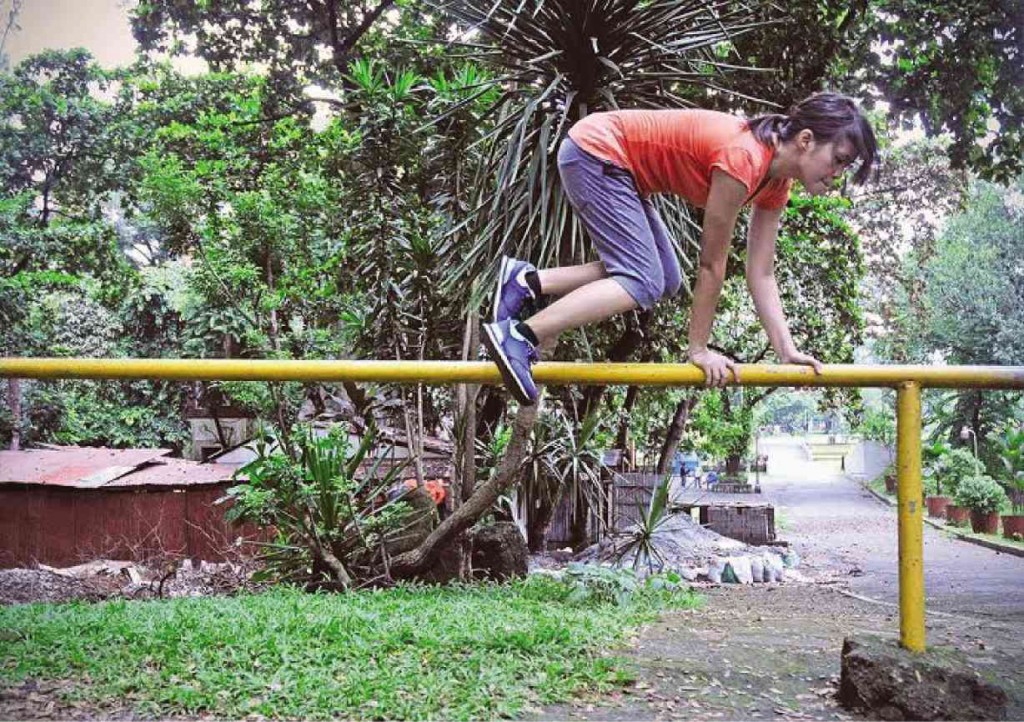Small business owners find ways to combat stress
SMALL business owners call the shots and they own their time. But to say that entrepreneurs can take it easy is not true.
According to the Small Enterprises Research and Development Foundation (Serdef), the pressure is most heavy on startups, which can’t yet afford to hire managers and specialized staff.
“Entrepreneurs at this stage try to be all things to their business, usually taking on production, marketing, financial management and administrative tasks,” says Serdef president Dr.Paterno V. Viloria.
Thus, for many of them, running a small enterprise is almost a 24/7 responsibility.
“But when you find yourself skipping lunch, weekends and holidays and feeling drained, you are at risk. You risk your physical and emotional health, you risk your home and family life,” Dr. Viloria adds.
Rory Rebustes recalls how she almost quit the business she co-founded with her boyfriend, Dindo Gonzales, sometime in its early, struggling years.
Citrus Snap Photography Studio in Makati City specializes in portraits for mostly corporate clients.
Her troubles began when she wanted things to happen and to happen immediately, but they were not.
“At a certain point, there was a gap between growing the business and living your passion. Trying to bridge that gap became so stressful that I thought of going back to a corporate day job where I wouldn’t have to worry over office rent, staff and practice development, building a brand, etcetera.”
She adds the burnt-out mode also became a recipe for a difficult relationship, her business partner being her boyfriend as well.
Business-related stress sent event organizer Summer Reyes Carullo to her sickbed. The first corporate event her company VRC Creative Events Management Corporation handled put her and her staff to an acid test.
The pressure to do a good job to please a big client that can potentially make or break them was tremendous. They also didn’t have that much experience to rely on.
“Worst of all, we had to scrounge around for funds because the client missed the deadline for sending money,” Carullo recounts.
That first corporate event marked the first time Carullo experienced the symptoms of hypertension, she says.
Nevertheless, leaving the business never occurred to her.
As president of Driven Marketing Group, an online-based real estate marketing firm with headquarters in Mandaluyong City, Lubar de los Reyes identifies the source of most of his anxieties: meeting the monthly sales targets of his partner-developers.
In 2013, he was sick for a week, the longest he has ever been bedridden, trying to meet these goals.
But no—he says—no amount of stress can stop him from doing business. He has embraced the entrepreneurial life, with its challenges and opportunities, and there is no going back for him.
According to a study by Serdef, entrepreneurs tend to worry most about accessing capital, with many shunning banks and other formal sources of credit. Other problems bearing heavily on them are: outmoded methods of operation, inability to gain economies of scale, insufficient management know-how and low profitability.
Rebustes confirms marketing the business is quite stressful for her and her partner.
She cites problems introducing themselves, growing the clientele and standing against the competition.
“There are increasingly more players in the industry and the challenge is to stand out, find our competitive edge, and translate that into actual business,” she says.
For Carullo, her biggest headache is making sure that clients’ and suppliers’ timetables align with hers and that of the event she is managing.
“If my clients do not have a sense of urgency meeting deadlines, I have a problem. If my suppliers do not deliver on time, I have a problem,” she says.
There are other sources of anxiety for Rebustes: things not going her way, clients being difficult, pitches not being delivered, paychecks getting delayed. “You try to be in control but there is no way you are always on top of things.”
The consequence is frustration, she says.
Life for Rebustes turned easier when she realized that when something uncontrollable happens, one can choose one’s reaction to it. “We can either magnify the situation or use it to clear the next obstacle,” she says.
She recently discovered parkour as a good way to destress. Parkour is an outdoor sports that involves running, climbing, swinging, vaulting, rolling and other movements with the goal of getting from one point to another in the most efficient way.
“The drills did not only help raise my physical stamina but also built my mental capacity,” she says.
Parkour taught her how to adapt, stay calm, see different perspectives, know when to commit and let go—things she reckons she needs to be able to evolve into a better entrepreneur.
After his extended sick leave in 2013, De Leon saw to it that his yearly schedule included breaks and vacations.
“I’d go out of town for and R&R (rest and recreation) in a resort hotel and not think of anything remotely business-related,” he says.
He has since divided his day into three: 8 hours of work, 8 hours of sleep, and 8 hours of family and “me time.” Balancing life is, for him, the key to a stress-free life.
(For more entrepreneurial stories, visit www.serdef.org.)

